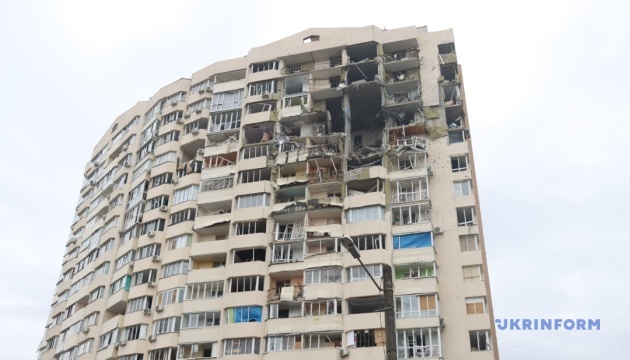Lawyer
The war causes significant damage to the infrastructure, which becomes one of the main challenges for the country after the end of hostilities. Restoration of destroyed infrastructure requires a comprehensive approach that includes technical, financial and legal aspects. In this article, we will consider the key legal aspects related to the reconstruction of infrastructure after the war, as well as the role of lawyers in this process.
Consultation of a lawyer
Consulting a lawyer is an important stage in the infrastructure restoration process. Lawyers help governments, companies and community organizations understand the legal framework and requirements that need to be considered when planning and implementing restoration projects. The main issues requiring legal advice include:
-Assessment of the legal environment. The lawyer analyzes the current legislation regulating the issue of infrastructure restoration, including norms of construction, land, environmental and other branch legislation.
- Project financing. Reconstruction of infrastructure often requires significant financial investments. The lawyer advises on possible sources of financing, such as state and international grants, loans, investments, etc.
- Permissive system. A number of permits and approvals must be obtained for the implementation of restoration projects. The lawyer helps to understand the procedure for obtaining the necessary documents and advises on the requirements of the relevant authorities.
Document analysis
Analysis of documents is an integral part of a lawyer's work in the process of infrastructure restoration. The main documents to be analyzed include:
-Tender documentation. Rehabilitation projects are often implemented on the basis of tender procedures. The lawyer analyzes the tender documentation to ensure its compliance with the law and to avoid possible violations.
-Construction contracts. The lawyer analyzes contracts for the construction and reconstruction of objects, paying attention to the rights and obligations of the parties, the conditions of performance of works, warranty obligations, etc.
-Permissive documentation. The lawyer checks the correctness of the execution of permitting documents, such as building permits, environmental permits, approvals with local authorities, etc.
Legal opinion
After analyzing the documents, the lawyer provides a legal opinion, which describes the detected violations and provides recommendations for their elimination. A legal opinion may include:
-Assessment of the legal situation. The lawyer assesses the legal situation from the point of view of compliance of restoration projects with current legislation, determines possible legal risks and ways to minimize them.
- Recommendations on the elimination of violations. The lawyer provides specific recommendations on the correction of detected violations, changes in the terms of contracts, obtaining additional permits, etc.
- Development of recovery strategy. The legal opinion may also include recommendations for the development of a comprehensive recovery strategy that takes into account legal, technical and financial aspects.
Legal opinion of the lawyer
In more complex cases, where additional legal expertise is required, the parties may contact a lawyer for a legal opinion. A lawyer's legal opinion is a more detailed document that may include:
- Deep analysis of the legal situation. The lawyer conducts a comprehensive analysis of the legal situation, taking into account all available facts, documents and evidence.
-Proposals on legal aid. The lawyer provides detailed recommendations for legal assistance, including possible lawsuits, mediation, appeals to international organizations, etc.
- Development of a detailed legal strategy. The lawyer's legal opinion includes the development of a detailed legal strategy that takes into account all possible legal mechanisms for protecting the interests of the parties.
Conclusions
Reconstruction of the destroyed infrastructure after the war is a complex process that requires an integrated approach. Legal aspects play a key role in this process, ensuring that restoration projects comply with applicable legislation and minimizing legal risks. Consulting a lawyer, analyzing documents, providing a legal opinion and a lawyer's legal opinion are important stages that help ensure the successful restoration of infrastructure.
Lawyers and advocates provide the necessary legal support at all stages of recovery, helping governments, companies and public organizations to effectively implement recovery projects and ensure that the interests of all parties involved are protected.

































